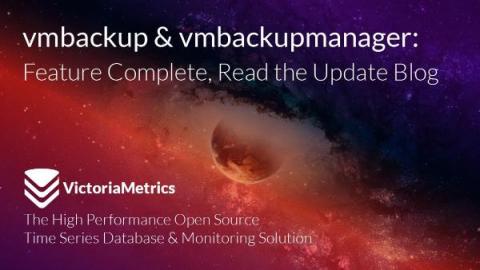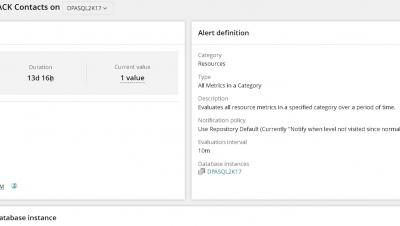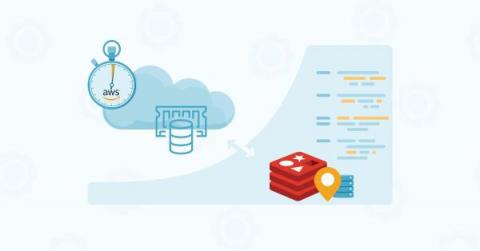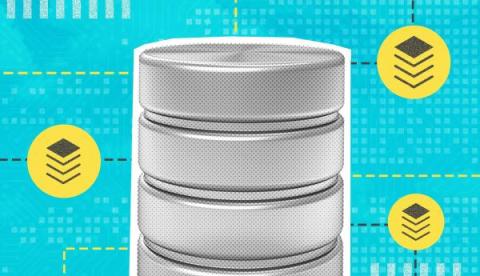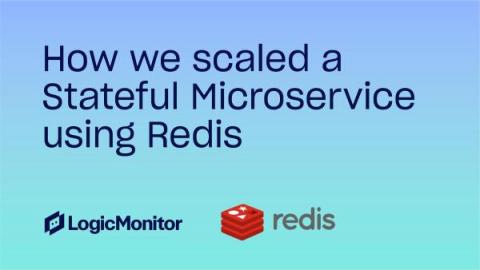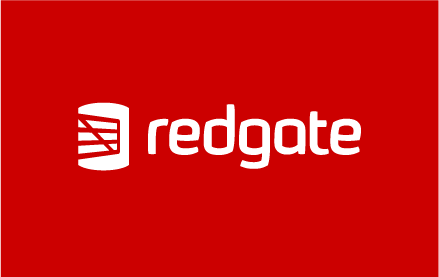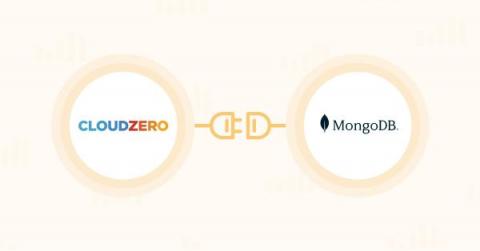Operations | Monitoring | ITSM | DevOps | Cloud
Databases
The latest News and Information on Databases and related technologies.
The ten habits for highly successful compliant database DevOps
Latest updates about backup components of VictoriaMetrics
VictoriaMetrics is proud to announce that we consider vmbackup and vmbackupmanager to be feature-complete solutions as of release 1.85.3. These backup components are essential for ensuring the safety and integrity of your data, and we have made a number of improvements in recent releases to make them even more reliable and user-friendly.
What Is a Column Database and When Should You Use One?
If you are working with large amounts of data that will primarily be used for analytics, a column database might be a good option. There are a lot of different options when it comes to choosing a database for your application. A common discussion seems to be the high-level SQL vs. NoSQL database argument of whether data should be stored in a relational database or in a NoSQL alternative like key-value, document or graph databases.




